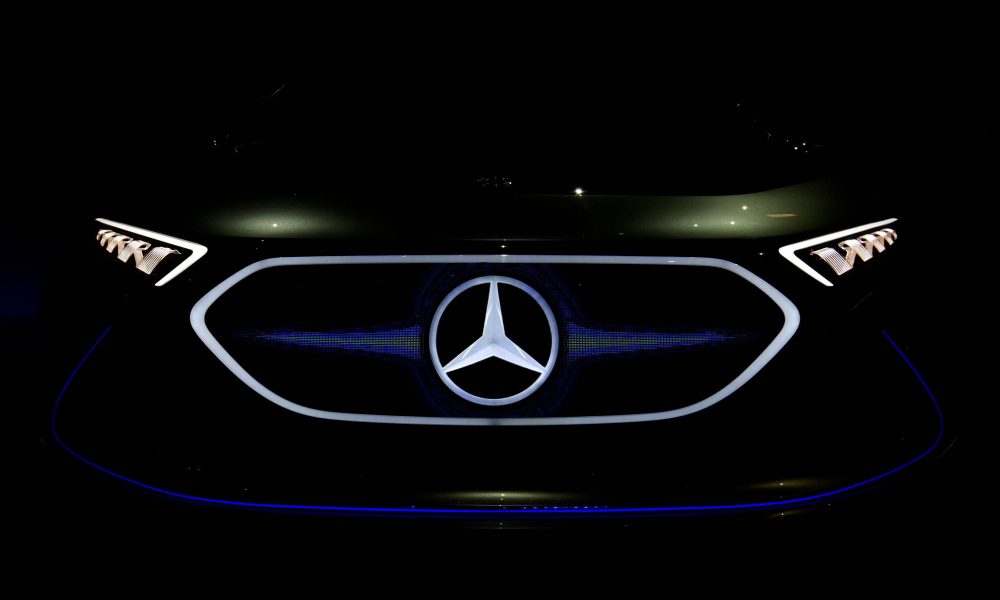Byron Allen is embroiled in a $20 billion civil rights lawsuit against the biggest cable provider in America, Comcast.
What We Know:
Allen is the CEO of Entertainment Studios, a television production company, a father and a philanthropist. Entertainment Studios is a successful media company comprised of nine digital cable networks, 43 syndicated TV shows, 21 regional sports networks and the Weather Channel. In 2015, Allen sued Comcast and another cable giant, Charter, accusing them of violating the Civil Rights Act of 1866 which prohibits racial discrimination when enforcing contracts. He launched the suit after Comcast refused to pick up seven Entertainment Studios channels- JusticeCentral.TV, Cars.TV and Recipe.TV to name a few. Allen felt that his race was the reason the company refused to do business with him. Sena Fitzmaurice, Comcast spokesperson dismissed the case saying, “This case arises from a frivolous discrimination claim that cannot detract from Comcast’s strong civil rights and diversity record or our outstanding record of supporting and fostering diverse programming from African American-owned channels.
A federal judge agreed with Comcast but Allen did not give up. He filed an appeal of the decision and the case was brought before the U.S. Court of Appeals for the 9th Circuit which reversed the ruling. As previously mentioned, Allen’s case was built around Section 1981 of the Civil Rights Act of 1866. Comcast’s legal team argued that in order to use this legislation, Allen would have to prove that his race was the sole reason Comcast chose not to work with him. This is known as but-for causation, a legal term that Cornell Law School’s Legal Information Institute explains as, “but for the existence of X, would Y have occurred? If the answer is yes, then factor X is an actual cause of result Y.”
A court document states that Entertainment Studios was given the “run-around with false promises of carriage”. Comcast failed to follow through after telling Entertainment Studios that its channels were on the shortlist for carriage. The company also made excuses when confronted. They stated that they lacked “sufficient bandwidth” to carry ES channels, despite having picked up 80 networks in the past nine years. Additionally, Entertainment Studios claims that of the 500 channels Comcast’s major competitors like DirecTV and Verizon FIOS carry, Comcast also carries every single one of them except Entertainment Studios channels. This fact alone ostensibly confirms an underlying reason Comcast refused to work with Allen.
It has been alleged that a Comcast executive stated, “We’re not trying to create any more Bob Johnsons,” when explaining why the company did not want to work with Entertainment Studios. Johnson is a media mogul who co-founded BET which was sold to Viacom for $3 billion in 2001, making him the first black billionaire in America. The television mogul has been speaking to outlets about what inspired him to take on the large corporation. In an interview with The Grigio (owned by Entertainment Studios), he explained that there was a lack of black/minority-owned enterprises in his industry. He notes that the lack of diversity has an impact on the content that is distributed to the masses.
In an interview with The Breakfast Club, Allen bashed Trump’s Department of Justice for writing an amicus brief in favor of Comcast’s but-for position. A representative from the DOJ will be arguing in their favor in front of the Supreme Court justices on November 13 for ten of the 30 minutes they are allotted. Senator Kamala Harris also submitted an amicus brief on behalf of Entertainment Studios and Corey Booker signed it, along with eight members of the Congressional Black Caucus.
He also discussed the implication of this high-profile case if he loses. If he loses it will undoubtedly make it much harder for minorities to prove discrimination in similar scenarios. Allen acknowledges this and stated that he won’t back down from the suit because Comcast hasn’t agreed to settle the matter outside of court. He stated that knowing the sweep implications this case could have, they encouraged him to drop the issue and they might meet with him. He called the offer racist and swiftly declined.
When Charlemagne asked, “Shouldn’t you want to drop the case if it’s going to set a whole generation back when it comes to civil rights?” Allen maintained his position stating Comcast brought the case to the Supreme Court, not him and directed the following statement at his adversaries, “Stop the institutionalized racism. Sit down Comcast, sit down Charter. Don’t jeopardize the civil rights of over 100 million people.” Fitzmaurice from Comcast stated, “We have been forced to appeal this decision to defend against a meritless $20 billion claim but have kept our argument narrowly focused. We are not seeking to roll back the civil rights laws – all we are asking is that the court applies Section 1981 in our case the same way it has been interpreted for decades across the country”.
We will continue to follow this story and provide updates at blacknewsalerts.com.



